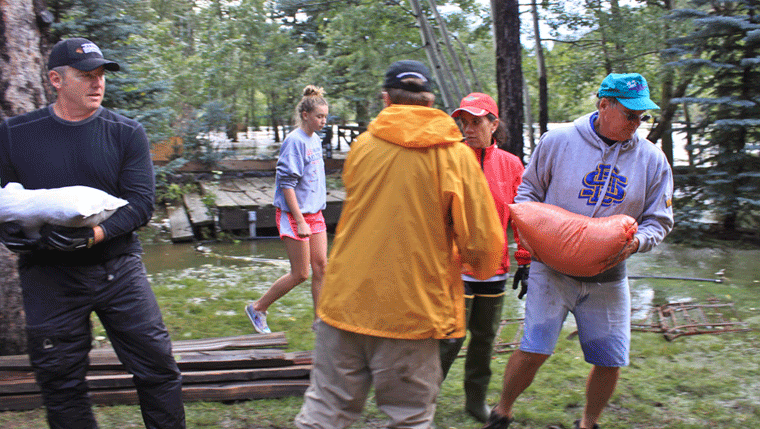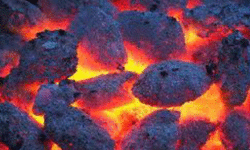"Let your neighbor's money be as precious as your own."
This ancient Jewish saying puts some feet on the Biblical mandate, “love your neighbor.” A frequently cited example is to pull your neighbor’s donkey out if you see it has fallen into a hole. That’s not as easy a task as it may seem, but you are to treat his donkey as you would your own. You may not only be releasing it to return home, but possibly saving the entire investment by preventing injury or even death.
I don’t have any donkeys. And neither do my immediate neighbors. What might that principle look like today?
Protecting someone’s personal goods or possessions When I borrow something, I need to be diligent to return it in the same condition I received it. When asked to dinner or invited out, I need to take care not to be wasteful. If I see my neighbor’s tools out and it starts to rain – I should try to shield and protect them. The recent fires and floods have shown us good neighbors standing together to protect homes and possessions.
Honest business practices This cuts both ways. Treating customers or clients in an honest way values their money as my own. My employer is also my neighbor and a good work ethic treats his investment as precious as well has honoring God. Do I avoid waste at work, spending only what I need to optimize results?
Community responsibility When I use public resources it comes out of my neighbor’s pocket as well as my own. Am I equally diligent to use these resources wisely even though the cost is indirect? Do I work toward efficient and effective solutions to shared problems? Waste and fraud aren’t victimless. It is theft from my neighbor.
The dictionary defines precious as something of great value, not to be wasted or treated carelessly. If we let our neighbor’s money be as precious as our own, wouldn’t that be part of of loving our neighbor as our self?
… but you must love your neighbor as yourself. Leviticus 19:18








2 Responses